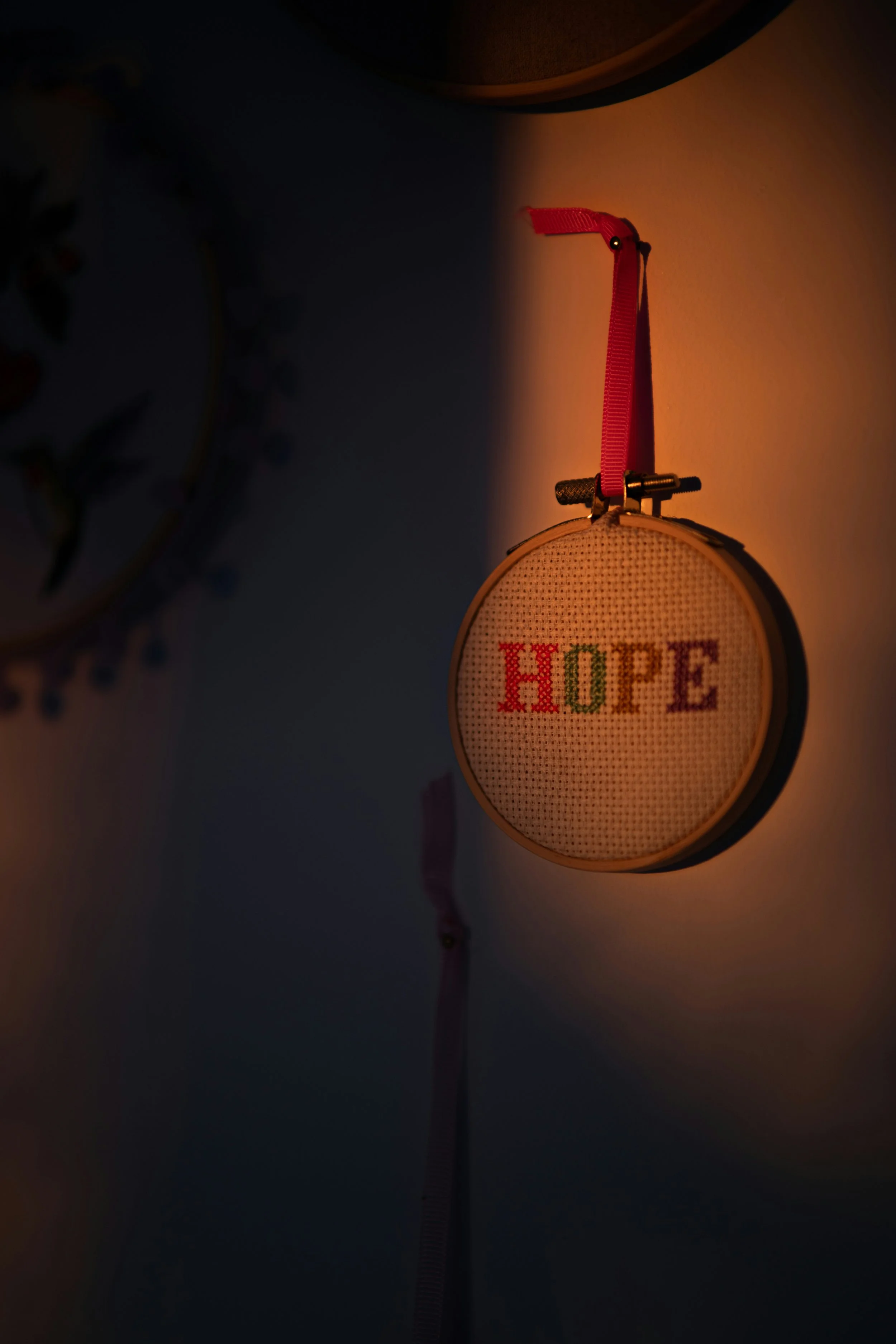
Grief Counseling in Dallas / Oline Across TX
therapy for relational loss
A safe place to process your transition your breakup, spiritual deconstruction, or family alienation
Relationships live at the core of what it means to be human. When we lose a significant one, It can feel like losing a part of ourselves
You placed trust and put vulnerability into your intimate relationship, your family connections, or your church community. You believed those connections were safe for you and would be a home to come back to throughout the ups and downs of your life. There was no question in your mind that you belonged in these spaces.
A breakup or divorce, the loss of a family member when you set a boundary, or the discovery that your church is no longer a healthy place for you is shocking, heartbreaking, and carries an element of betrayal that your mind and body may struggle to process.
While your life moves forward and your pain goes unacknowledged because society doesn’t have adequate language for it, you feel the grief when you wake up, as you move about your day, and as it keeps you up at night with questions.
death is not the only thing that warrants grief. you can mourn isolation from people and communities that are alive but lost to you.
Grief is a representation that you have love with nowhere to go. In recovery from relational loss, we focus on how to sit with the information that your grief is giving you and process where you want to channel all the love that you still hold inside of you. Moving forward is a process that takes place on your terms and is defined by an exploration of your values, belief system, emotional expression and aided by somatic grounding and nervous system regulation tools.

Relational grief, like any other form of loss, is not something to get over like it’s an illness; it’s an experience that deserves time and space to honor, adjust to, and build a life around. Together, we can explore the stages of your grieving process and how it affects your core beliefs about yourself, others, and world, and any trauma that has accompanied your loss.
As you adjust to your loss, you may experience uncomfortable symptoms like restlessness, insomnia, increased anger and reactivity, and hypervigilance to threat and danger. We will work through your awareness of these sensations and emotions with curiosity about how they are protecting you while at the same time experimenting with tools to help you tolerate distress and practice a mindful awareness and acceptance of how your internal system is trying to heal (Dialectical Behavioral Therapy and Internal Family Systems Therapy).
As you regain safety in your body and emotions, you can build an awareness of thought patterns and how to respond to them in a way that allows you to move beyond rumination and fatalistic belief systems to a place of inner stability and acceptance. This process can involve tracking your thought cycles in and out of session and the emotions they raise within you and learning useful ways to challenge unhelpful thoughts (Cognitive Behavioral Therapy).
To address religious trauma around your deconstruction journey or relational distress around separation from family through no-contact or alienation, we can utilize EMDR to help you process upsetting memories and the negative belief systems attached to them.
